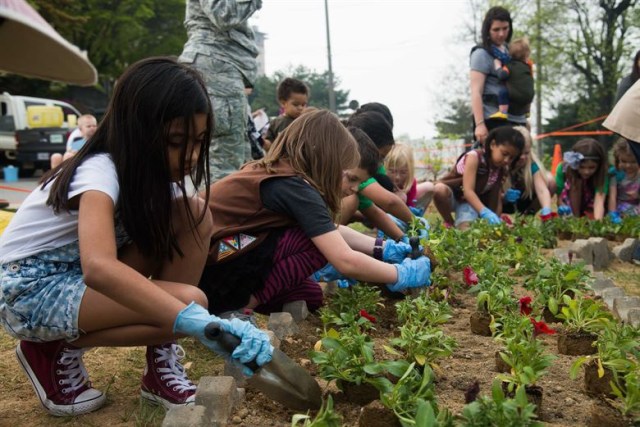OUR GOAL AND STRATEGY
As wisely identify by a recent UN report, without ‘unprecedented changes’ in our actions and behavior, our planet will suffer drastically from global warming in just 12 years. So there is no doubt that 12 years will come int he brink of our eyes pressuring to act immediately. We all need to find a way to collaborate to work together, as a community, to create awareness and change our thinking and behaviors.
Our goals are to work not only in the environment but to turn around violence and corruption worldwide all at once because fortunately, the solution is the same for all of three problems and that is Self-awareness. But how you go about to the daunting task of instilling self-awareness to an entire nation? to an entire planet? By observing the nations that already did it.
Furthermore, our approach has been to observe the models of the world-leading countries in peace, transparency, and environmental protection to customize that model to our pilot program in Santander, Colombia. The best to illustrate our vision is by pointing out the place with the highest standards in the world on those three categories. How they got it and how they practice it?.
If you search the world, you will find that Japan is listed as one of the most peaceful, more transparent, more environmentally aware, and the cleanest country in the world. Japan, overall, exhibit the highest standards of life on earth in the criteria we are aiming for, therefore, we are to going to follow their model. We will illustrate why do they do it, and how do they do it?
What Is in The Minds of Leaders Living a Peaceful, Transparent, and Cleaning Culture?
The CEO of a company listed on the Tokyo Stock Exchange is called Matsumoto. He is a Buddhist Monk that Time magazine selected him as one of the most influential people in the world in 2015. He says cleanliness it is a form of communication, and it makes the magic of bringing people together: everyone, from executive directors to schoolchildren, cleanses.
Cleaning is the unique theme of his book, “A monk’s guide to a clean house and mind,” in which Matsumoto explains, how cleaning is transformative and restorative for both the environment and us.
Matsumoto describes the importance of cleanliness because it is good for the heart. Cleaning is a practice that reflects the soul. Teach the importance of cleanliness to have a peaceful mind. Therefore, it became our custom to take responsibility for our disaster and take the garbage home.

“The practice of cleaning is not only for the environment, but also for my mind,” says Matsumoto, and says that it is not uncommon for therapists who treat patients with depression to recommend cleaning to help them.
“I hope readers come to clean their own house or office in a more positive way,” “If you see cleaning as a task and something you should avoid, then your mind is not helping. But you do change your perception, recognizing that cleaning is a positive thing, then your quality of life will improve.
”Some Psychologists have studied the link between disorder and dirt with destructive actions of violence, despair, and poverty, as opposed to the transformative energy of cleanliness, which creates a peaceful mind, hope and prosperity.
How did Japan Achieve this Culture of Peacefulness, Transparency, and Cleanliness?

The emotional pain that Japan has to endure, surviving most of the natural and inflicted disasters in the world, inspire them to be the most conscious country on the planet. Today Japan is considered to be the greenest, cleanest, more environmentally mindfull country in the world.
Graffiti is uncommon, people rarely throw trash on the ground, and there are no warning signs of a considerable fine if they do so. When it comes to public cleaning, Japanese cities usually shine. It is clear the power of conscience, where doing the right thing is what is in their souls, from children who have to clean their schools, to clean neighborhoods.
The self-awareness and awareness of Japanese students are so high that most universities do not need to hire guardians. At lunch break, all students participate in cleaning the school grounds with excitement like work skills.
Being mindful and vigilant of the environment is ingrained in their conscious. All sorts of waste are classified from non-combustible, non-combustible or plastic materials, canned goods, broken glass, household goods. Japan’s garbage is divided into at least three types. Therefore, people have to think carefully before throwing the right kind of bin if they do not want to be fined or can be punished with imprisonment.
From the Inside Out.

The painful past inspired Japan to had restorative experiences and high standards values, combined with, mind, body, and soul’s work that was already part of their culture. It has been the cultivation of integrity, honesty, responsibility, respect, peacefulness, transparency, cleanliness, mindfulness, consciousness in their children, in their people.
The outcome? A long list of benefits such as non-violence, tolerance, transparency, progress, prosperity, and unity. What else a society wants? That is an example of excellence and that is what we want. The advantage of our work is that today we have the model to follow and the scientific tools required to break the habit of being ourselves, which is the most challenging part.
We don’t have to dream any longer in the possibilities to see a better world. Today, with social media we can turn an inspiring purpose like ours, into contagious events transforming our planet into united, clean citizens with conscience and habits of excellence.
More details of the pilot program in future posts.



